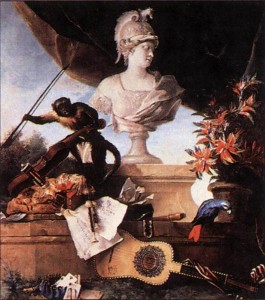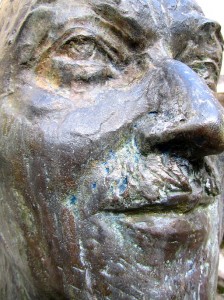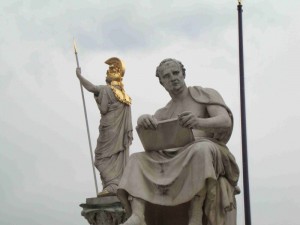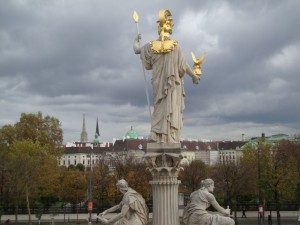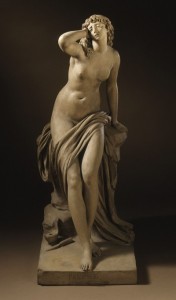
These two chapters deal with a special brand of patriotism, which came into being when a new austrian entity emerged from under the debris of the World War. It was different to traditional austrian nationalism, which had been about a middle european empire and its alleged historical mission. You can call it “kleinösterreichisch”, a “smaller austrian nationalísm”, the self-awareness of an undersized but definitely distinct nation state. [Read more...]

